Plastic oceans: What do we know?
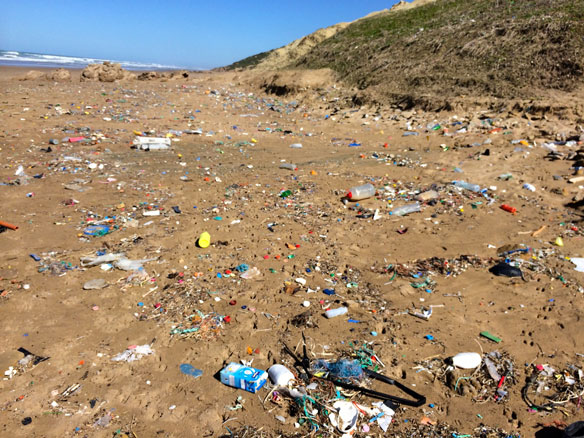
When it comes to throwing away rubbish, “away” is not some abstract space but a real location… About eight million tonnes of plastic waste are added to the oceans every year. An Exeter University research estimated that anyone consuming an average amount of seafood would ingest about 11,000 plastic particles a year.
Sea Turtles Face Plastic Pollution Peril
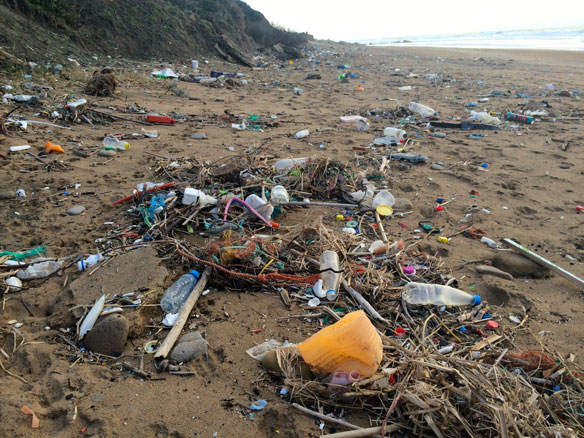
A new global review that set out to investigate the hazards of marine plastic pollution has warned that all seven species of marine turtles can ingest or become entangled in the discarded debris that currently litters the oceans, and nesting beaches.
Bronx Artist Transforms Discarded Plastic Into Playful Sculptures
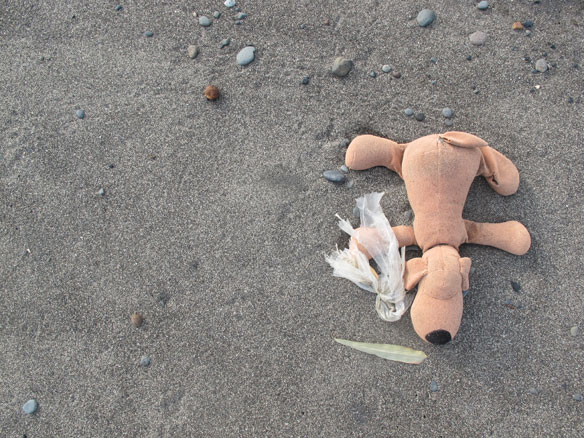
Daniel Lanzilotta started collecting plastic on the beaches of southern France. While his son played, the Bronx native collected the often tiny fragments of plastic he found in the sand, and soon began pocketing these items and making them into sculptures. Over the course of several years, as fresh debris washed up on the shore every day, he realized what a huge problem plastic pollution is for the environment.
Global Consumption Trends Break New Records

From coal to plastics to coffee, consumption levels are breaking records. According to the Worldwatch Institute’s latest report, Vital Signs, Volume 22: The Trends That Are Shaping Our Future, the acceleration of resource depletion, pollution, and climate change may come with underappreciated social and environmental costs.
2015 Plastic Pollution Coalition Video – Narrated by PPc Notable supporter, actor Jeff Bridges

“We cannot accept to be “plastic force-fed” anymore. We have the choice, and it is to refuse. Supply follows demand, if demand stops, supply will… ultimately.”
Stunning Art Exhibition Captures The World Of Plastic Trash Filling Our Oceans
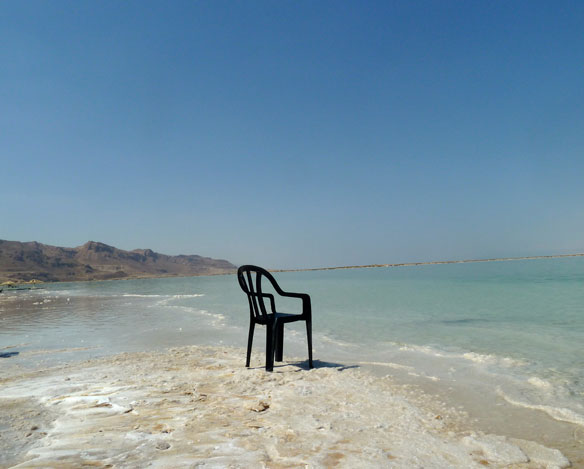
In a traveling exhibit, “Gyre: The Plastic Ocean,” organized by Anchorage Museum and now on display at the USC Fisher Museum of Art in Los Angeles, artists shine a light on the collective cost of individual littering.
Edible Water Bottle to Cause a Splash at EU Sustainability Awards
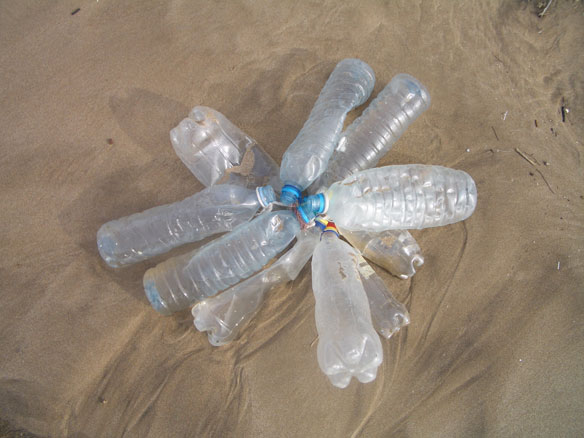
An edible alternative to plastic water bottles made from seaweed has topped the UK round of an EU competition for new, more sustainable products.
Go Strawless
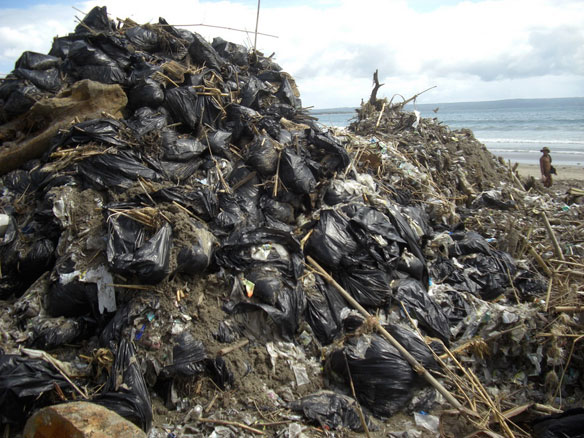
Too few of us have stopped using single-use, end-of-the-line plastic.
90 Percent of Seabirds Have Plastic in Their Stomachs
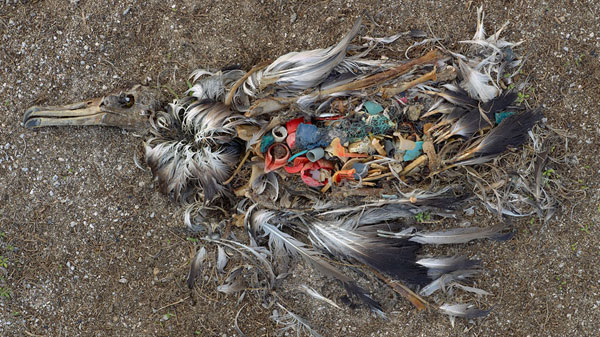
By 2050, nearly all seabirds will have plastic in their stomachs. Already, 9 out of 10 of the birds have some of the substance in their digestive tracts. Such are the sobering conclusions of a study published August 31 in the journal Proceedings of the National Academy of Sciences.
